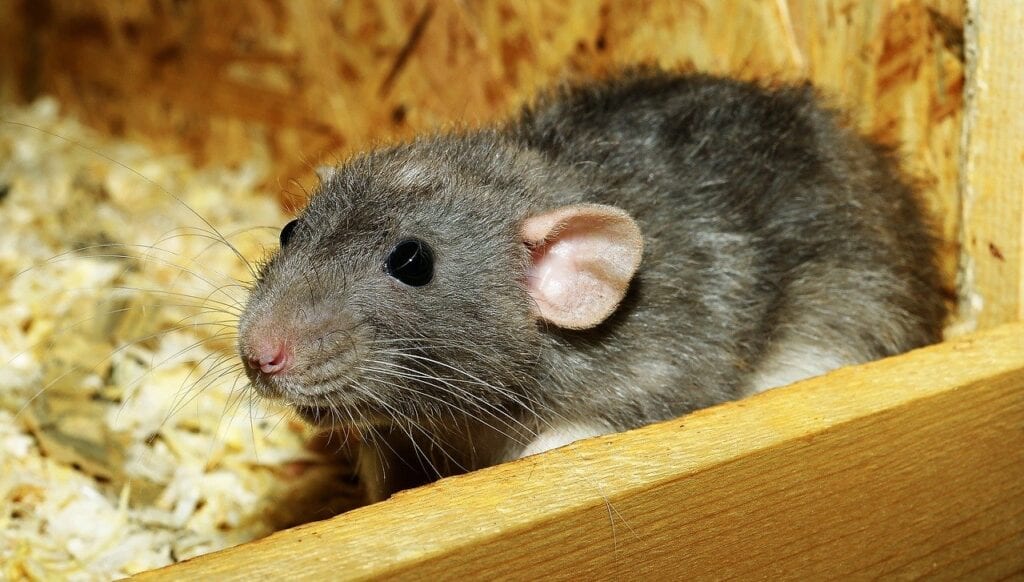According to a story from Charcot-Marie-Tooth News, an experimental HDAC6 inhibitor called CKD-504 appeared to restore myelination in mouse and cell models of Charcot-Marie-Tooth disease type 1A in a recent study. Myelination means the restoration of the myelin sheath, an insulating, fatty layer that coats nerve cells and is essential to their function. These findings suggest that this approach could be an effective therapy for the illness.
About Charcot-Marie-Tooth Disease
Charcot-Marie-Tooth disease is a hereditary disorder of the peripheral nervous system. It is most characterized by a progressive loss of touch sensation and muscle tissue in several different parts of the body. The cause of this disease is usually linked to a genetic mutation, but the mutation involved varies depending on the variant of Charcot-Marie-Tooth disease. There are multiple types of Charcot-Marie-Tooth disease, with all types aside from type 2 having a demyelination effect. Type 2 causes damage to the neuronal axon instead. Symptoms include foot drop, muscle wasting (typically in the arms, legs, and hands), painful muscle spasms, loss of sensation in the limbs, scoliosis, trouble speaking, chewing, and swallowing, and tremors. Treatment typically includes therapy and surgery in order to maintain function. There is no cure. The disease can occur early in life or as late as the 30s and 40s. To learn more about Charcot-Marie-Tooth disease, click here.
Type 1A is estimated to make up around half of the total cases of Charcot-Marie-Tooth disease, make it the most common variant. In this type, a genetic duplication results in excessive levels of a protein called PMP22, which ultimately causes the destruction of the myelin sheath.
About The Research
In other studies, inhibiting HDAC6 has also demonstrated possible utility in the treatment of the type 2 variant of the disease as well. CKD-504 is being developed by Chong Kun Dang Pharmaceutical Corporation (CKD).
In this study, the researchers first tested the compound on Schwann cells from patients. These cells are normally responsible for the creation of the myelin sheath. These were compared with the same type of cells from unaffected volunteers. Then mice with Charcot-Marie-Tooth disease type 1A were treated with the drug two times every day for a three week period.
Mice that received CKD-504 displayed improved levels of myelination compared to those that did not, though they did not reach the myelination level of unaffected mice. In addition, the treated mice showed improve balance and grip strength, as well as motor function.
These findings indicate that the compound could help improve symptoms of the disorder, and a phase 1 trial is in the midst of recruiting participants.





